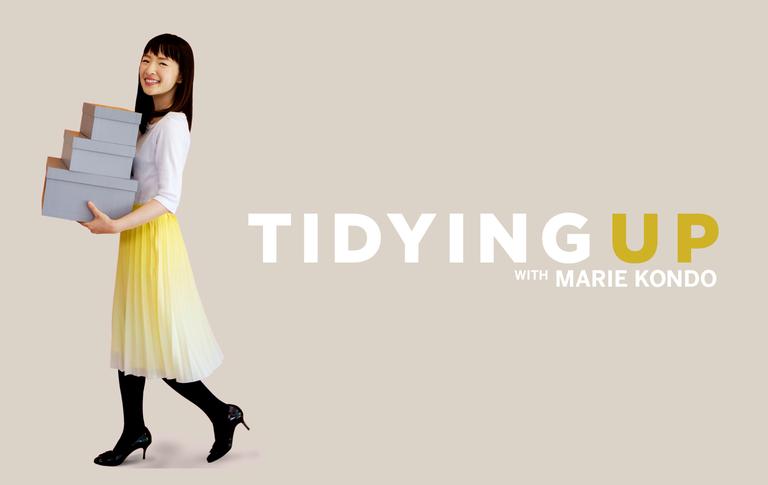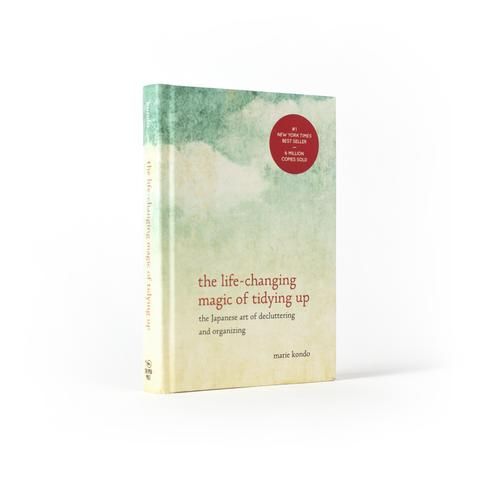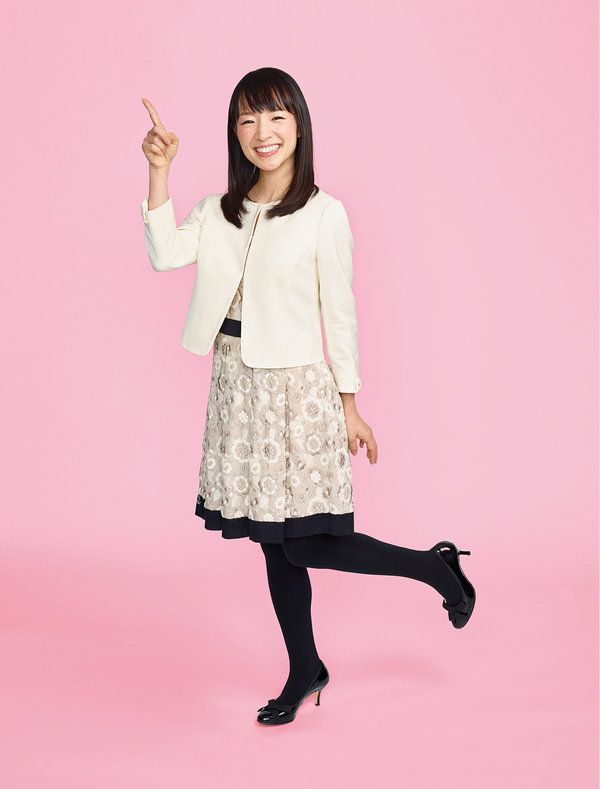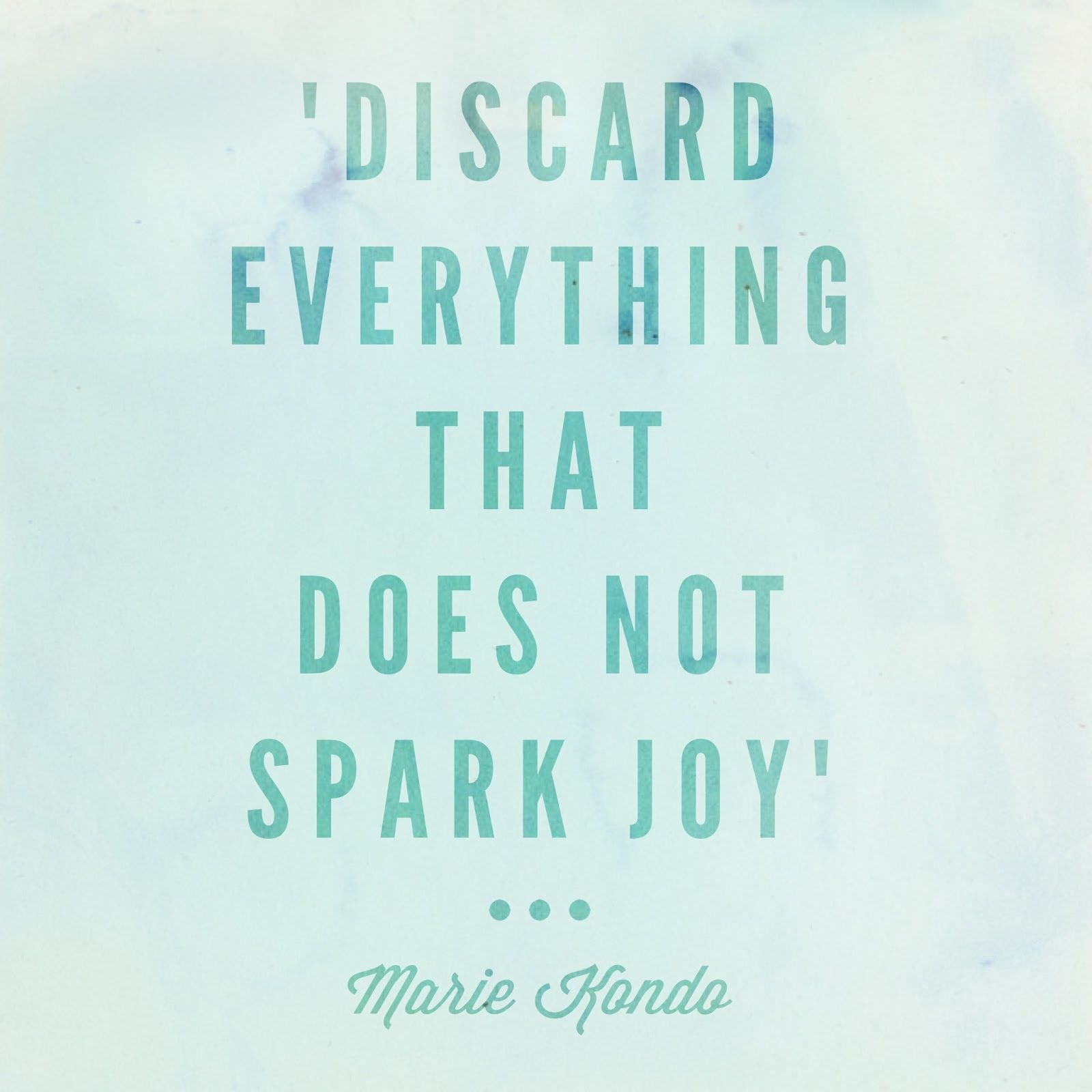Marie Kondo, Genesis 1, And The Chaos Of Our Hearts

Yes Kon-do or No Kon-do
Ok, I have to admit, I’m a fan.
Marie Kondo is probably the first person to become famous for tidying up, which is admittedly a slightly odd accolade. (Ok, maybe the second person if you’re counting Mary Poppins, but then again she had magic and Dick van Dyck.)
But despite the less than glamorous subject matter, her ruthlessly intentional approach to ‘life at home’ is, well, infectious. Two best-selling books, a trademarked tidying method (‘KonMari‘), and now a much-discussed Netflix series are all indicators that Kondo and her favourite phrase (“does it spark joy?”) are scratching at a cultural itch. Personally, I find it hard to watch an episode of Tidying Up with Marie Kondo without then immediately throwing myself into at least half an hour of tidying of my own.
By the way, no idea what I’m talking about? Here’s the trailer…
Order From Chaos
But this desire to put our lives into order should hardly be a surprise.
As Becca Whittaker has said, it’s not as if bringing harmony to chaos was something Kondo came up with. It seems wired into us – and Christians claim that’s by virtue of being made in the image of a God who creates an ordered world from chaos.
Spending time in Genesis 1 these past few weeks with Grace Church Barrow, it’s hard not to be struck by the carefully crafted nature of the Bible’s opening chapter. Take the way the six ‘days’ mirror each other: the first three describe God forming his world, followed by another three where God fills what he’s just formed. There’s the way the narrative gradually builds, each day getting more airtime, until a crescendo as humanity is created and the accompanying observation that all is now complete and ‘very good’. Or take the repeated descriptions of God ‘separating’: light from darkness, water from sky, day from night; or the way in which animal and fauna are both told to bear fruit ‘according to their kinds’.
Simply put, you can’t avoid the conclusion that the God who made the world is a God who also orders his world. Even those areas of our world we tend to see as scary or chaotic – the darkness and the waters of the deep – are also ordered by Him. He brings rhythm and pattern and boundaries to what he has created.
And as I read Genesis 1 afresh, I know that’s what I want in my life. Someone who will bring order to my chaos.
The Pull of Kondo

And isn’t that why we’re drawn to Kondo so much?
Whilst she’s often mistaken for being an advocate of not owning anything, that’s not quite right. According to Kondo, you can own as much as your want, as long as each possession brings you joy. As long as you can look at it in its rightful place and say, ‘that is good’. Sound familiar?
In fact when Kondo’s team launched a formal training programme for her KonMari method, the accompanying hashtag was #organizetheworld. About that.
Don’t we all want someone who will bring order to our chaos? Our lives are chaotic, disorientating, and exhausting, perhaps more so than ever before. Financial pressures, family expectations, societal fragility, the endless nature of hyper-connected online interaction and engagement.
There’s just drama.
And so we want someone to make sense of it all. As Kondo often says, tidying up is the act of confronting yourself.
Beneath All The Stuff
But few have evaluated the Kondo phenomenon as perceptively as NY Times magazine writer Taffy Brodesser-Akner:
“Once we’ve divided all the drawers and eliminated that which does not bring us joy and categorized ourselves within an inch of our lives, we’ll find that the person lying beneath all the stuff was still just plain old us. We are all a mess, even when we’re done tidying.”
Marie can bring some measure of orderliness – even in the inner sanctum of our own homes, but she can’t deal with the totality of our chaos.
And whilst we’re at it, neither can the promise of productivity tools or carefully choreographed social media profiles or hours sculpting ourselves at the gym.
That’s because the mess of our hearts is nothing less than the repercussions of a creation torn apart at the seams. Genesis 1 is soon followed by Genesis 3 and with it the diagnosis that if you turn away from your Creator, you don’t find a ‘new you’, but a de-created you.
Now, that’s a challenge even Kondo can’t meet.
Going with the Grain of the Maker

Of course, if God made everything, life will never make sense if it’s lived disconnected from Him.
Whether it’s the way we parent, the way we love, the way we work, the way we live. He is the one who defines and designs and determines goodness. There’s no point living life going against the grain of the God who made us.
That said, entrusting our lives to the one who brings order out of chaos doesn’t mean our lives will suddenly all be ‘straightened out’. If our world is fractured and broken to the core, then we can clean up and get everything in its place, but life will remain intrinsically messy and frustrating, spilling out of whatever cupboards and drawers we try and contain it in.
Hope for the Mess
But amidst the mess and chaos, there is hope. Christianity claims a Light has entered the darkness of this unravelling world, in order to renew and recreate it.

Kondo’s signature pose is reserved for when her clients have realised which of their possessions ‘sparks joy’ and which can be disposed of: she daintily points upward, one foot lifted, emitting her distinctive ‘ting!’ sound.
But the shock of the gospel is that God’s hand pointed down – down into our mess and chaos, deep down into the depths of our hearts. The Word became flesh and dwelt among us.
Certainly, tidiness gurus who enter our lives and sort through our disorder can give us a glimpse of the goodness of the God of Order.
But far more wonderful is a God who doesn’t re-order his world by discarding us, but by taking our darkness upon Himself.
Not only do we have a God who can order our chaos, but we have a God who finds His joy in choosing us, despite us being the cause of that very chaos.
Now that sparks joy.